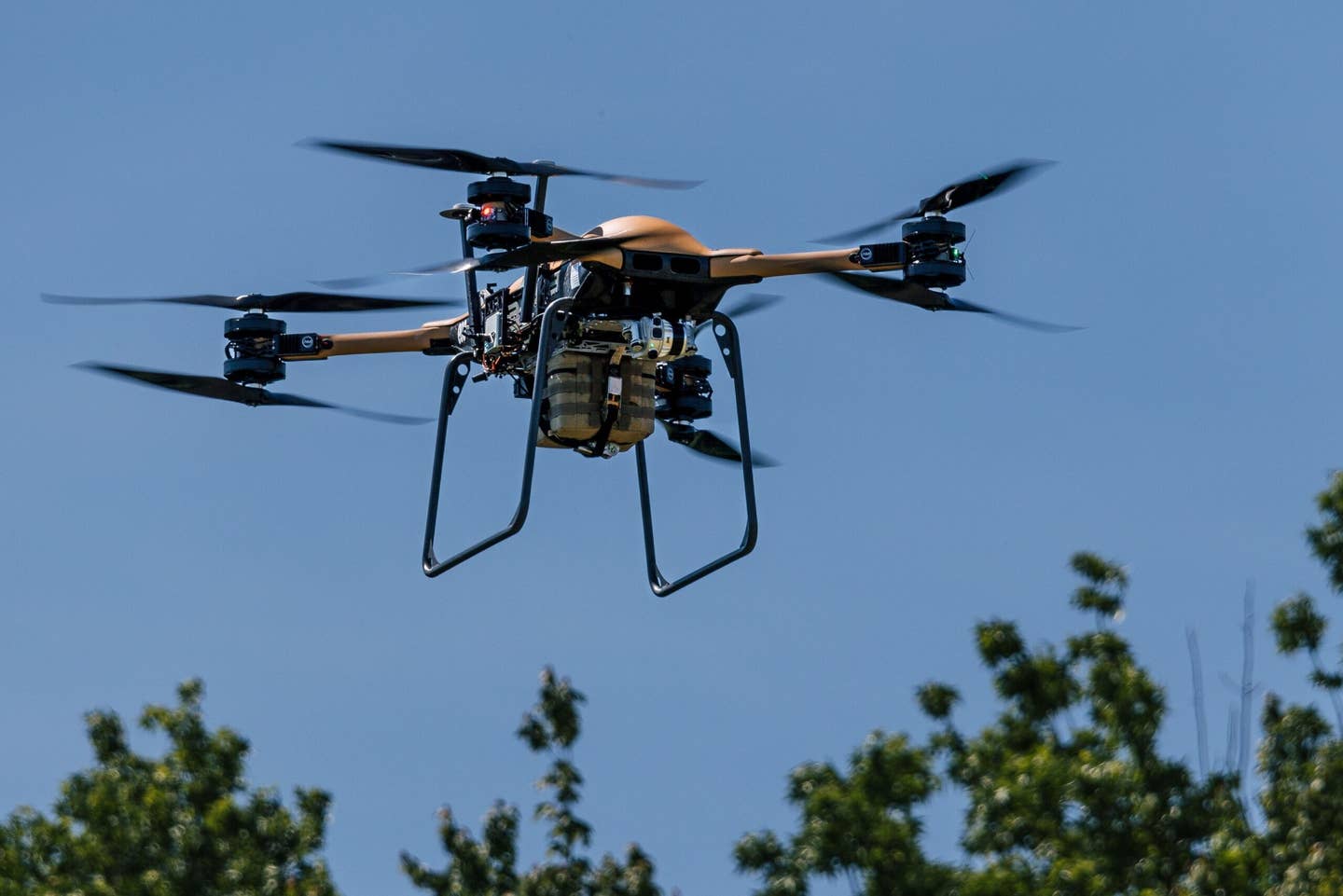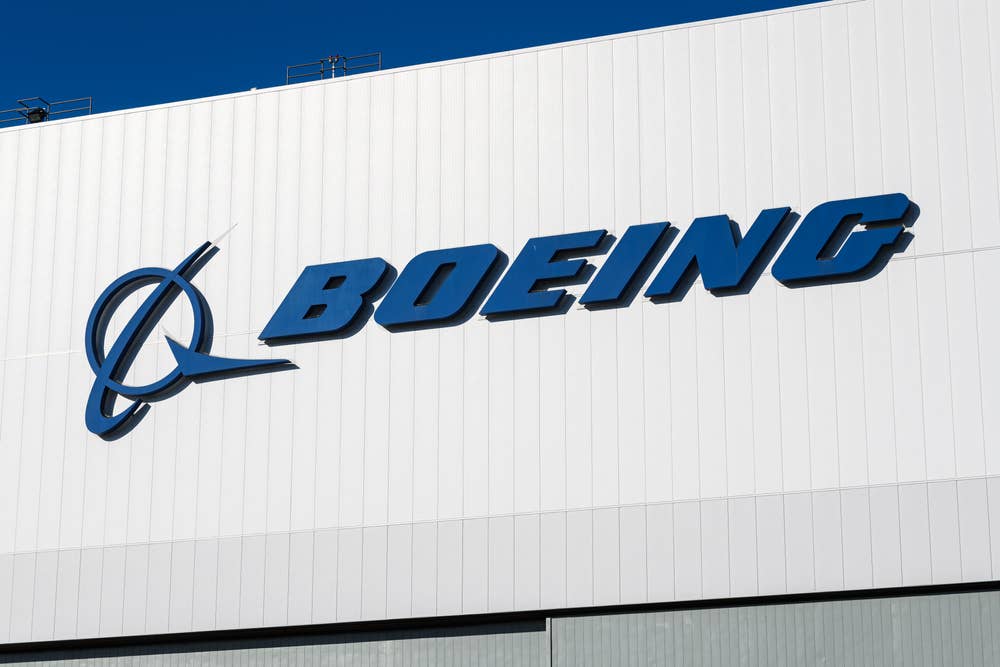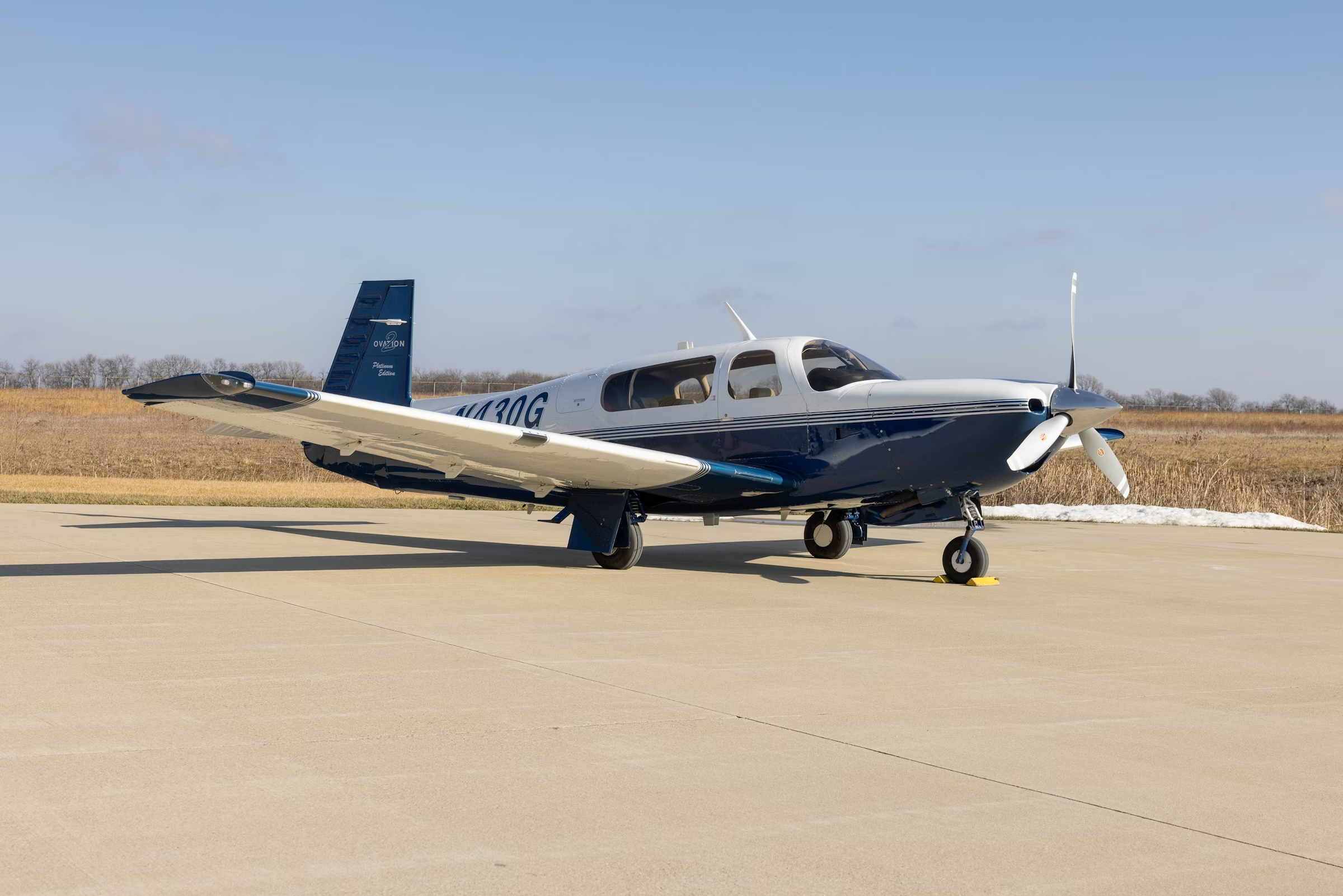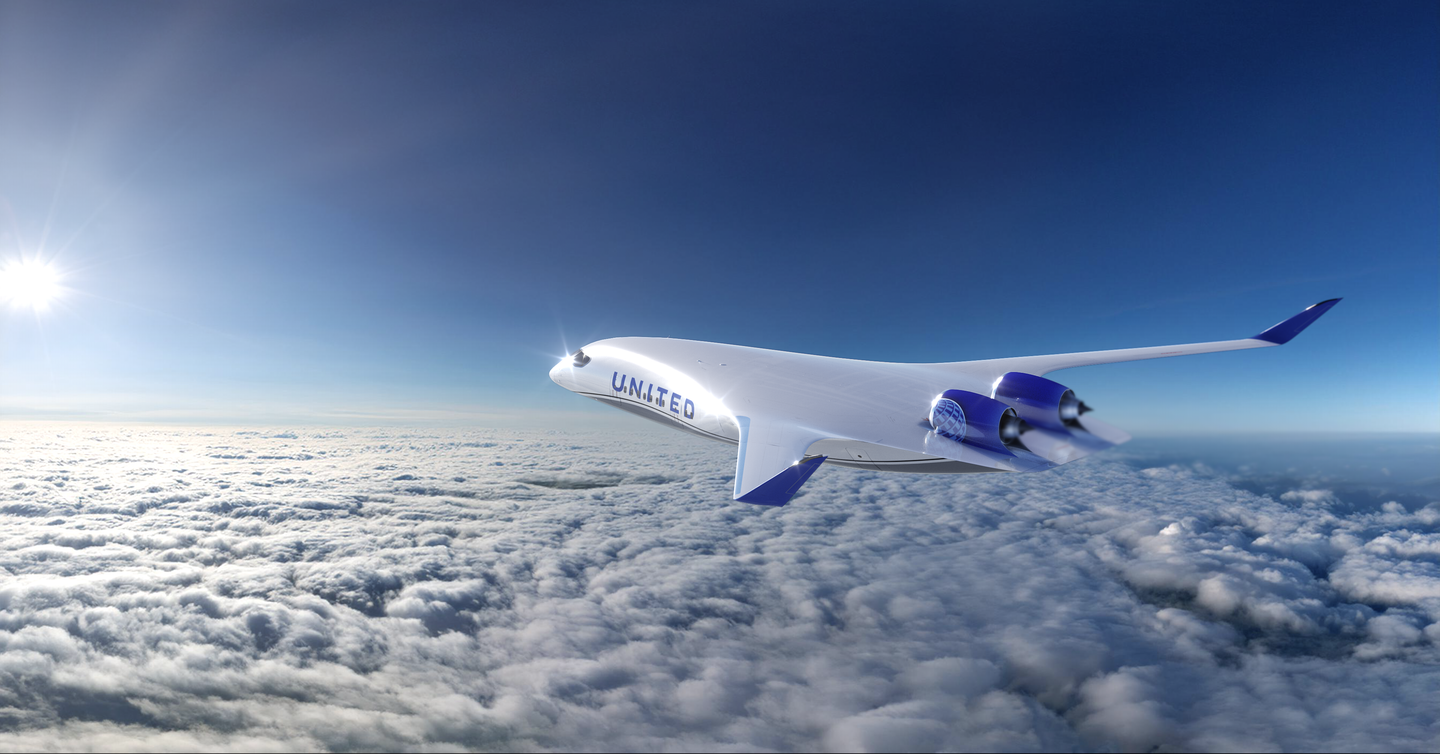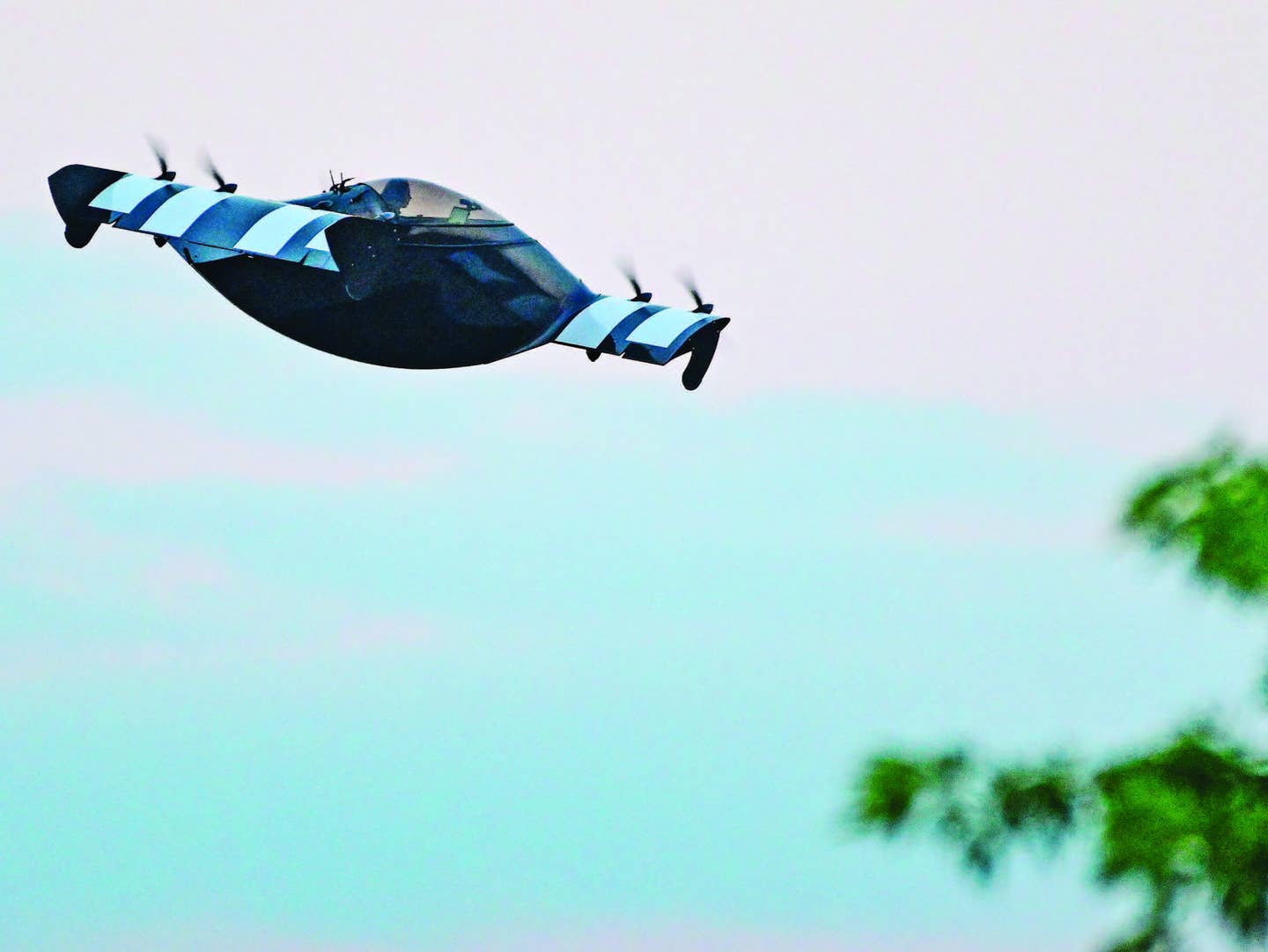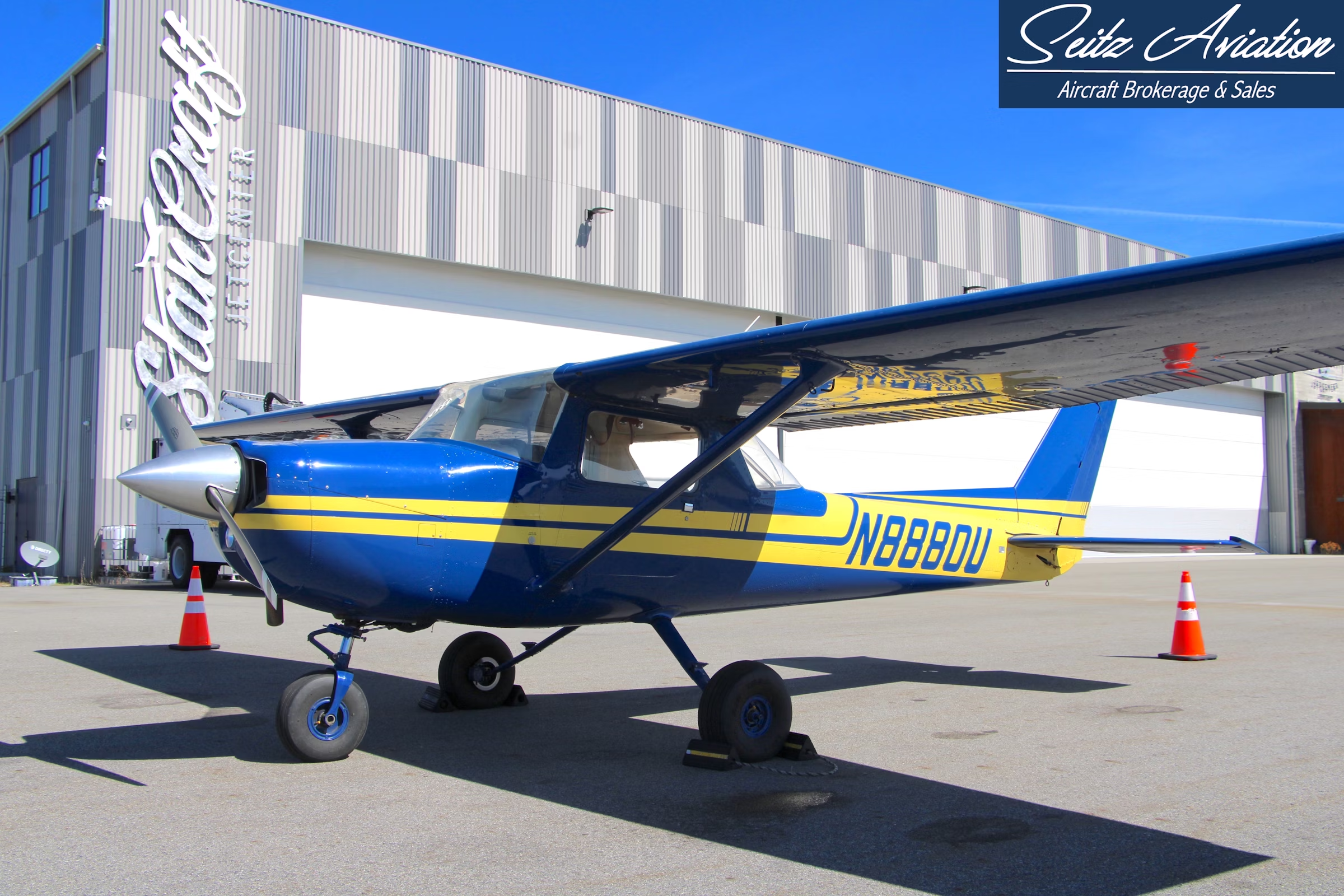HyPoint Partners With Piasecki Aircraft To Deliver eVTOL Hydrogen Fuel Cell System
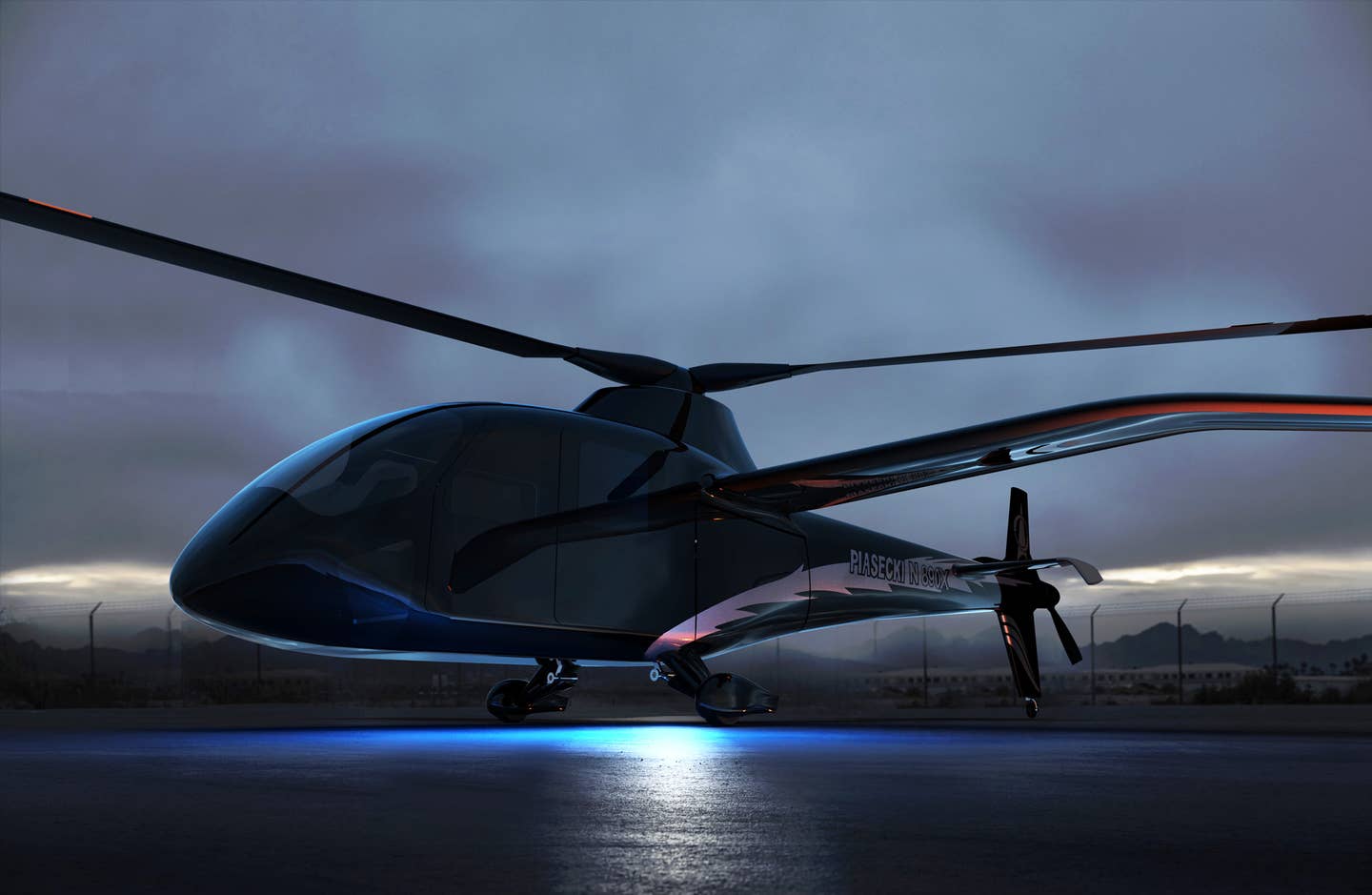
HyPoint and Piasecki Aircraft Corporation are working to create the world’s first crewed hydrogen-powered helicopter, the PA-890 Compound Helicopter. HyPoint
California-based green energy startup HyPoint and aircraft developer Piasecki Aircraft Corporation have announced they are partnering to develop hydrogen fuel cell systems for electric vertical takeoff and landing vehicle (eVTOL) applications.
The multiphase agreement, announced Tuesday, seeks to deliver a customizable Federal Aviation Administration-certified, zero carbon-emission hydrogen fuel cell system to the global eVTOL marketplace that offers four times the energy density of existing lithium-ion batteries; twice the specific power of existing hydrogen fuel cell systems; and up to a 50 percent reduction in direct operating costs relative to turbine-powered rotorcraft, the companies said in a joint statement.
The initial phase, at $6.5 million, will focus on the development of five 650kW hydrogen fuel cell systems for use in Piasecki’s eVTOL PA-890 compound helicopter, which the company says is expected to be the world’s first crewed hydrogen-powered helicopter.
Piasecki, founded in 1955 and based in Essington, Pennsylvania, is a pioneer in advanced rotorcraft and unmanned aircraft systems platforms and technologies.
As part of the partnership, Piasecki will gain exclusive license to the technology created and HyPoint will maintain ownership of its underlying hydrogen fuel cell technology. Both companies say they plan to make the new system available to eVTOL makers by customizing it for use in their vehicles.
HyPoint’s system uses compressed air for both cooling and oxygen supply to deliver a hydrogen fuel cell system that radically outperforms existing battery and hydrogen fuel cell alternatives. The company claims testing has shown the fuel cell system will be able to achieve up to 2,000 watts per kilogram of specific power, which is more than triple the power-to-weight ratio of traditional (liquid-cooled) hydrogen fuel cells systems. It will also boast up to 1,500 watt-hours per kilogram of energy density, enabling longer-distance journeys.
“The much-anticipated arrival of eVTOL air taxis, and similar aircraft has been severely hindered by the technical limitations of existing power systems,” said Dr. Alex Ivanenko, founder and CEO of HyPoint, said in a statement. “This new strategic partnership will dramatically accelerate delivery timelines by equipping eVTOL manufacturers with next-generation hydrogen fuel cell systems that meet their unique needs.”
Eye On The Future
The global eVTOL market size is expected to grow from an estimated $74 million in 2025 to $860 million by 2030, the companies said in a statement, citing a new report from Research Dive.
“In the first few months of 2021 alone,” the statement says, “$5 billion of investments were announced in the sector to Archer Aviation, Eve, Joby, Lilium and Vertical Aerospace.”
In January 2020, the FAA announced that it was engaged with manufacturers of more than 15 eVTOL aircraft. EHang, Volocopter, Joby Aviation, and Lilium are among those who have signaled their intent to launch commercial passenger operations within the next three to five years. Other players include aircraft companies such as Airbus and Boeing.
The global hydrogen aircraft market is anticipated to grow from an estimated $27 billion in 2030 to $174 billion by 2040, according to Allied Market Research.
Piasecki says it’s working with the FAA to outline certification criteria, as well as with the U.S. Air Force, by way of its AFWERX STTR/SBIR program, which is co-investing in the development of advanced hydrogen-powered aeronautical technology.
“Success will pave the way for collaboration with other eVTOL OEMs with different platform sizes to ensure broad application of this technology,” said John Piasecki, president and CEO of Piasecki, in the joint statement. He added that the goal is to develop full-scale systems within two years to support on-aircraft certification testing in 2024 and fulfill existing customer orders for up to 325 units starting in 2025.

Sign-up for newsletters & special offers!
Get the latest FLYING stories & special offers delivered directly to your inbox

